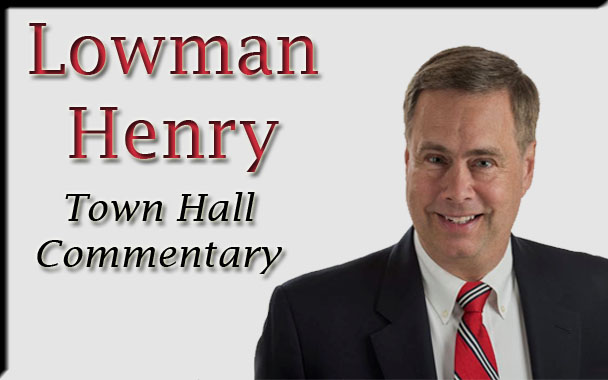A Veto Most Immoral

Harrisburg is the epitome of a dysfunctional, failed urban school district. Its residents are saddled with high property taxes, while graduation rates languish at or near the bottom of Pennsylvania’s 500 school districts. The political culture of the district is chaotic and divisive, while successive administrations have failed to make significant progress.
It seems virtually everything possible has been tried to cure the Harrisburg School District of its chronic problems. In the early 2000s then Harrisburg Mayor Stephen R. Reed was placed in control of the district. At the beginning of this decade a chief recovery officer was appointed to deal with the district’s financial woes. In mid-June a Dauphin County judge, acting on a request from the state Department of Education, removed control of the district from the elected school board and appointed a receiver.
Educational achievement, predictably, has suffered. As a result, those who could have moved out of the city into neighboring school districts to provide their children with a better education. Those children without such parental support, or whose parents cannot afford to move, remain trapped in failed schools.
If students anywhere would benefit from K-12 educational alternatives, including school choice, cyber schools, or charter schools it would be those of the Harrisburg School District. Throughout decades of chaos a succession of elected school boards has been hostile to charter schools, fighting rather than fostering such opportunities. Students can still enroll in cyber charter schools, but money remains a barrier. Financial help is available, but it is limited – more limited that it should be.
The Educational Improvement Tax Credit (EITC) is one state program that has proven to be highly effective in bringing private contributions into the scholarship mix. The EITC provides companies with a tax credit for donations made to a nonprofit scholarship or educational improvement organization. Since its inception in 2001 the EITC program has been a financial and educational lifeline for students and their families.
The problem is a limited amount of money has been included in the state budget to finance the tax credits awarded to companies that make scholarship donations. Last year nearly 49,000 student scholarship applications were turned down due to lack of funding. This while more than $100 million in company donations were rejected because the fund had reached its cap.
To correct this problem the General Assembly passed a bill that would have allocated additional state dollars to the EITC program which would have greatly expanded educational opportunities for low and middle income students.
Governor Tom Wolf vetoed the bill.
Wolf said in his view the EITC program is “not something I think is good for Pennsylvania.” That rhetoric is different from his actions when he was in the private sector. According to the Commonwealth Foundation a company of which Tom Wolf was CEO donated $60,000 through the EITC program and received $54,000 in tax credits.
Wolf, who himself attended elite private schools, said his goal is “educating every child through our public-school system.” It should be noted that increasing funding for the EITC program would not have come at the expense of public education. The dollars the General Assembly wanted to allocate were in addition to public school funding.
Given these facts the governor’s veto makes no sense. That is until you factor in the political component. The Pennsylvania State Education Association (PSEA) is the state’s largest teacher union and it aggressively opposes any legislation which threatens its monopoly on K-12 education.
The PSEA was one of the largest financial contributors to both of Governor Wolf’s campaigns for office so, as the saying goes, follow the money.
Politicians doing the bidding of their big donors is neither new nor rare. Such actions range from the illegal to the merely shady. To satisfy the union bosses Governor Tom Wolf has thrown thousands of students into the education dustbin. He has trapped yet another generation of children in failing schools. He has built a wall across their pathway out of poverty.
That he was willing to sacrifice these children’s opportunity for a better future on the altar of union politics is much worse than business as usual: it is downright immoral.
(Lowman S. Henry is Chairman & CEO of the Lincoln Institute and host of the weekly Lincoln Radio Journal. His e-mail address is [email protected].)
Permission to reprint is granted provided author and affiliation are cited.






